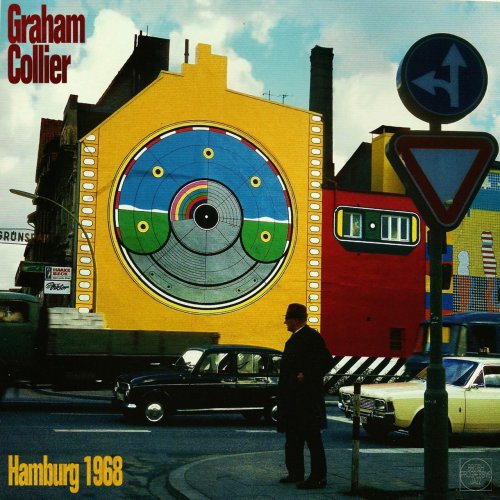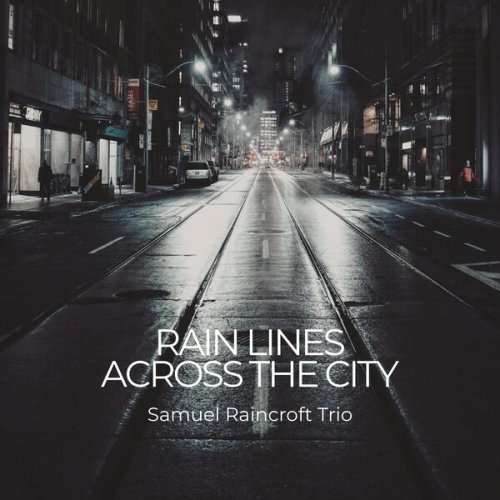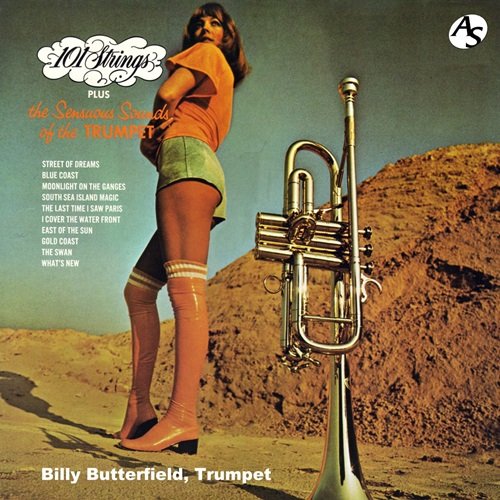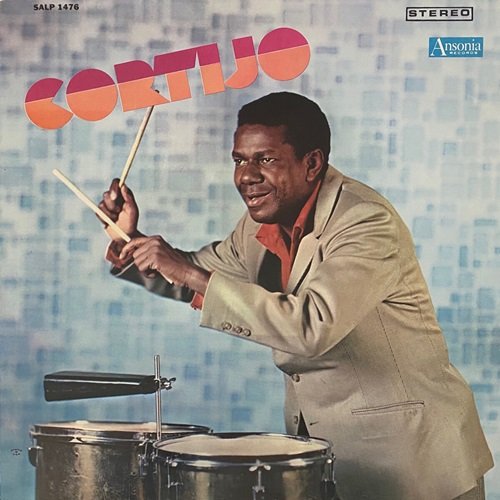Graham Collier - Hamburg 1968 (2022)

Artist: Graham Collier
Title: Hamburg 1968
Year Of Release: 2022
Label: British Progressive Jazz
Genre: Jazz
Quality: Mp3 320 kbps / FLAC (tracks)
Total Time: 53:51
Total Size: 130 / 300 MB
WebSite: Album Preview
Tracklist:Title: Hamburg 1968
Year Of Release: 2022
Label: British Progressive Jazz
Genre: Jazz
Quality: Mp3 320 kbps / FLAC (tracks)
Total Time: 53:51
Total Size: 130 / 300 MB
WebSite: Album Preview
1. Backtrack (Live) (6:33)
2. Indian Flower (Live) (7:37)
3. Indian Summer (Live) (6:32)
4. Indian Rock (Live) (13:13)
5. Across the River (Live) (11:19)
6. View from Hungerford Bridge (Live) (8:42)
Composer/bassist, Graham Collier’s career was littered with “firsts” – Britain’s first jazz graduate, first jazz musician to be awarded an Arts Council grant, founder of the first full-time jazz degree in the UK. More to the point for our purposes here, he was the first British musician to perform his own music at the Hamburg Jazz Workshop. Collier opened doors to opportunities for himself and other British musicians and composers soon followed.
This performance occurred in December 1968, three months before Collier took his sextet – Collier, trumpeter Harry Beckett, multi-instrumentalist Karl Jenkins, saxophonist Stan Sulzmann, trombonist Nick Evans and drummer John Marshall - into the studios to record his second LP, Down Another Road (Fontana 1969). None of the pieces here feature on that album – or elsewhere.
These tracks find Collier at a point of transition in his music. Several tunes here hark back in style and mood to the modal, Miles-inspired approach of Deep Dark Blue Centre (Deram 1967), while others anticipate the music on Down Another Road or can be linked with Workpoints, the music composed for his 1968 Arts Council commission.
“Backtrack”, in particular, anticipates the jazz-rock of Down Another Road, while the Spanish, Moorish vibe on “Indian Flower” recalls “El Miklos” from his debut. Those English pastoral qualities found on Deep Dark Blue Centre and on the second album’s “The Barley Mow” are heard on the Hamburg set on “View from Hungerford Bridge” and “Across the River”. Moreover, Collier uses Swiss guitarist Pierre Cavalli in similar ways to how he used Phil Lee on Deep Dark Blue Centre. Finally, the big band horn charts, for example on “Indian Rock”, remind one of the textures and colours Collier achieved on Workpoints.
These six tracks are prime Collier, performed by a crack band – his sextet plus Brits trombonist John Mumford and saxophonist Tony Roberts with Mingus alumnus Ted Curson on trumpet and guitarist Cavalli.
“Indian Flower” is a feature for Jenkins’ oboe, the instrument highlighting its North African feel but beneath it lies a solid blues, jazz-rock pulse. Then, when the horns enter, the piece achieves a Gil Evans-like panorama that is simply gorgeous. Stan Sulzmann’s alto cadenza introduces the ballad section, “Indian Summer”, and the way Harry Beckett’s fluegelhorn shadows Sulzmann with sotto voce horns in the background is archetypal Collier. “Indian Rock” builds from a stuttering opening into a smouldering big band number with solos from Roberts on tenor, Cavalli and Marshall set with contrasting melodies from the horns. For a parallel, look perhaps to Don Ellis.
The comparisons with Ellis, though not an influence, and Gil Evans, an influence throughout Collier’s career, certainly apply with “Backtrack”, a fine slab of big band, jazz-rock. But the beautiful lullaby, “View from Hungerford Bridge”, featuring a duet between Sulzmann’s flute and Jenkins’ oboe over a gently flowing performance from the rhythm section is just as good. That leaves “Across the River”, perhaps the most interesting composition here with its series of mood shifts and free-form section.
All in all, this makes for an excellent addition to Collier’s catalogue and further illuminates a major chapter in British jazz history.
Graham Collier - bass
Harry Beckett - trumpet, flugelhorn
Ted Curson - trumpet, piccolo trumpet
Nick Evans & John Mumford - trombones
Tony Roberts - tenor sax, bass clarinet, flute
Stan Sulzmann - alto sax, tenor sax, flute
Karl Jenkins - oboe, soprano sax, baritone sax, piano
Pierre Cavalli - guitar
John Marshall - drums
This performance occurred in December 1968, three months before Collier took his sextet – Collier, trumpeter Harry Beckett, multi-instrumentalist Karl Jenkins, saxophonist Stan Sulzmann, trombonist Nick Evans and drummer John Marshall - into the studios to record his second LP, Down Another Road (Fontana 1969). None of the pieces here feature on that album – or elsewhere.
These tracks find Collier at a point of transition in his music. Several tunes here hark back in style and mood to the modal, Miles-inspired approach of Deep Dark Blue Centre (Deram 1967), while others anticipate the music on Down Another Road or can be linked with Workpoints, the music composed for his 1968 Arts Council commission.
“Backtrack”, in particular, anticipates the jazz-rock of Down Another Road, while the Spanish, Moorish vibe on “Indian Flower” recalls “El Miklos” from his debut. Those English pastoral qualities found on Deep Dark Blue Centre and on the second album’s “The Barley Mow” are heard on the Hamburg set on “View from Hungerford Bridge” and “Across the River”. Moreover, Collier uses Swiss guitarist Pierre Cavalli in similar ways to how he used Phil Lee on Deep Dark Blue Centre. Finally, the big band horn charts, for example on “Indian Rock”, remind one of the textures and colours Collier achieved on Workpoints.
These six tracks are prime Collier, performed by a crack band – his sextet plus Brits trombonist John Mumford and saxophonist Tony Roberts with Mingus alumnus Ted Curson on trumpet and guitarist Cavalli.
“Indian Flower” is a feature for Jenkins’ oboe, the instrument highlighting its North African feel but beneath it lies a solid blues, jazz-rock pulse. Then, when the horns enter, the piece achieves a Gil Evans-like panorama that is simply gorgeous. Stan Sulzmann’s alto cadenza introduces the ballad section, “Indian Summer”, and the way Harry Beckett’s fluegelhorn shadows Sulzmann with sotto voce horns in the background is archetypal Collier. “Indian Rock” builds from a stuttering opening into a smouldering big band number with solos from Roberts on tenor, Cavalli and Marshall set with contrasting melodies from the horns. For a parallel, look perhaps to Don Ellis.
The comparisons with Ellis, though not an influence, and Gil Evans, an influence throughout Collier’s career, certainly apply with “Backtrack”, a fine slab of big band, jazz-rock. But the beautiful lullaby, “View from Hungerford Bridge”, featuring a duet between Sulzmann’s flute and Jenkins’ oboe over a gently flowing performance from the rhythm section is just as good. That leaves “Across the River”, perhaps the most interesting composition here with its series of mood shifts and free-form section.
All in all, this makes for an excellent addition to Collier’s catalogue and further illuminates a major chapter in British jazz history.
Graham Collier - bass
Harry Beckett - trumpet, flugelhorn
Ted Curson - trumpet, piccolo trumpet
Nick Evans & John Mumford - trombones
Tony Roberts - tenor sax, bass clarinet, flute
Stan Sulzmann - alto sax, tenor sax, flute
Karl Jenkins - oboe, soprano sax, baritone sax, piano
Pierre Cavalli - guitar
John Marshall - drums

![VA - From the Archive Vol. 3... compiled by Volcov (2026) [Hi-Res] VA - From the Archive Vol. 3... compiled by Volcov (2026) [Hi-Res]](https://www.dibpic.com/uploads/posts/2026-02/1772033794_a3743742618_10.jpg)
![Mehmet Ali Sanlikol - The Electric Oud Man Speaks and You Listen... (2026) [Hi-Res] Mehmet Ali Sanlikol - The Electric Oud Man Speaks and You Listen... (2026) [Hi-Res]](https://img.israbox.com/img/2026-02/28/0areq907i6p8nj96306jai1a0.jpg)
![Charlie Jung - Kailash Band (2026) [Hi-Res] Charlie Jung - Kailash Band (2026) [Hi-Res]](https://www.dibpic.com/uploads/posts/2026-03/1772463390_cover.jpg)




![Mark De Clive-Lowe, Andrea Lombardini and Tommaso Cappellato - Dreamweavers II (2026) [Hi-Res] Mark De Clive-Lowe, Andrea Lombardini and Tommaso Cappellato - Dreamweavers II (2026) [Hi-Res]](https://www.dibpic.com/uploads/posts/2026-02/1772112550_tl3tb7yl8u13z_600.jpg)